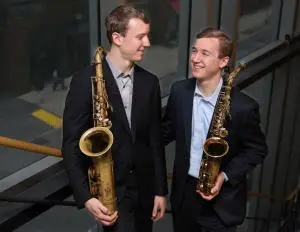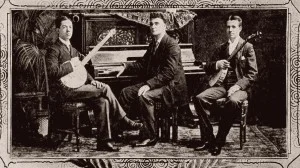
Jacob Silberberg: The Banjoists’ Best Friend
In the realm of studying ragtime history, importance is often given to the banjo, and rightfully so. Some of the best sources of authentic ragtime
R. S. Baker has appeared at several Ragtime festivals as a pianist and lecturer. Her particular interest lies in the brown wax cylinder era of the recording industry, and in the study of the earliest studio pianists, such as Fred Hylands, Frank P. Banta, and Frederick W. Hager.

In the realm of studying ragtime history, importance is often given to the banjo, and rightfully so. Some of the best sources of authentic ragtime
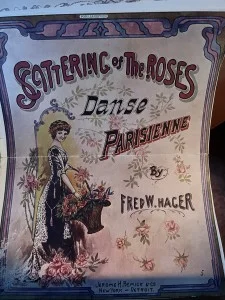
When I started pursuing the legendary scrapbook that once belonged to Fred Hager, one of the aspects of this ultimate treasure was a steamer trunk
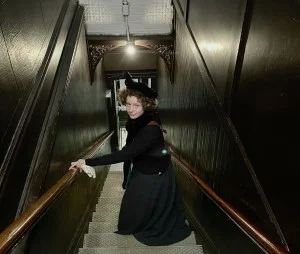
Back at the beginning of February, when the Northeast experienced a serious cold blast, I went back to New York City for more historical trespassing
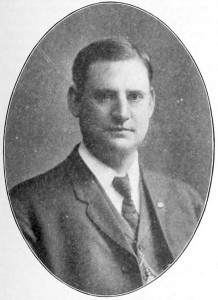
Few engineers live scandalous lives, but one emerged in the acoustic era that lived a rather extraordinary life. George Cheney came from a humble background,
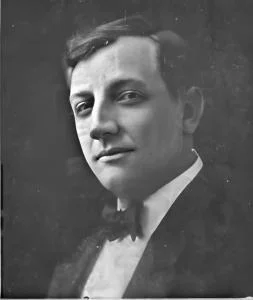
Every pianist has their own style, and as we study the accompaniments of the earliest acoustic recordings of the regular studio pianists of the 1890s
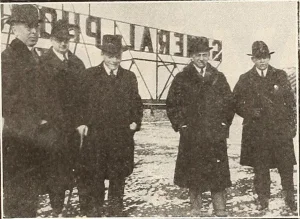
With a new year upon us, often we think of what will be entering in its centennial year. In 1923, the Okeh record company went
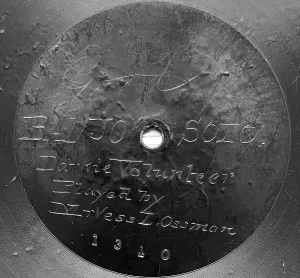
In the late 1880s Thomas Edison perfected his phonograph, and set up the Edison phonograph works in Orange, New Jersey, and at the same time
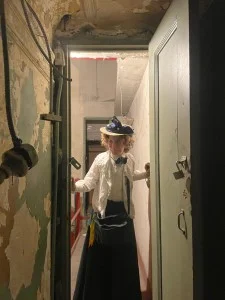
If you are a collector of early shellac disc records and cylinders, you’ll likely know that there is an awful lot of history in New
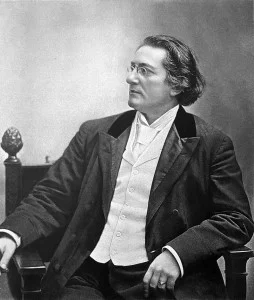
In 1895, a two volume book entitled The Music of the Modern World was published in New York. At first glance this might seem like
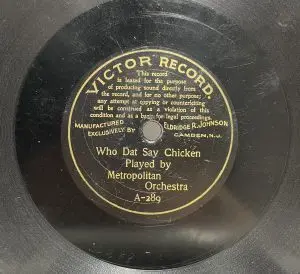
Since the introduction of the phonograph, syncopated music was commonly recorded. But often while flipping through collections of classic ragtime sheet music, it seems odd
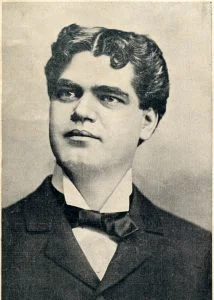
In 1899, recording artist Len Spencer decided to make a bold move: take his small group of phonograph friends on tour in a minstrel troupe.

Even with all the adventures I had in NYC, as described in the previous three articles, there are still a few things I have not
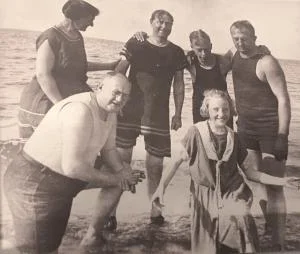
Perhaps the most memorable part of my New York trip was spending two days with the descendants of Fred and Jimmy Hager. On the second
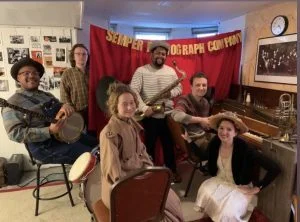
While in New York City back in march, I had the chance to make a few disc records for Colin Hancock with his period acoustic
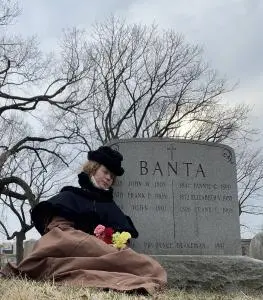
This month, I will be doing something a little bit different in this column, as I just took a week long trip to NYC. On
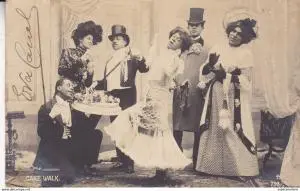
What exactly was the ragtime life? At one time the term was used to describe a particular generation of young people. Much like any musical
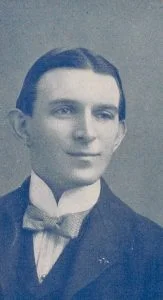
In the first decade of the 20th century, few composers were as prolific and J. Fred Helf. Not many remember him now, but for decades
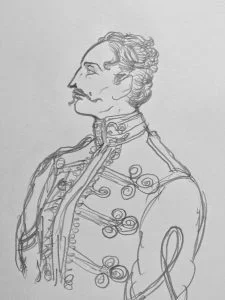
Charles Prince could seem like a rather boring character on the surface; he led his own band and orchestra for the same label for 20
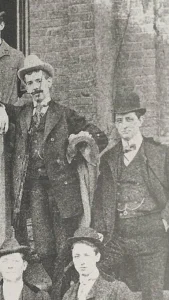
Any seasoned record collector is likely aware of the baritone Steve Porter. He was a main fixture of the famous American Quartet, and a common
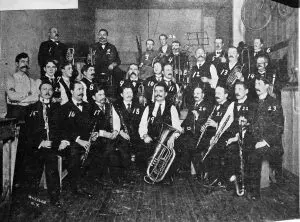
Last year, in this column was an article on drummer Jimmy Hager, bandmaster Fred Hager’s brother, but since that publication, more has been discovered about
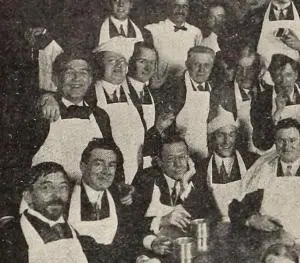
In 1910, a new phonograph company emerged in Boston, it was founded upon a few generous donations from local elites. Their donations set the company
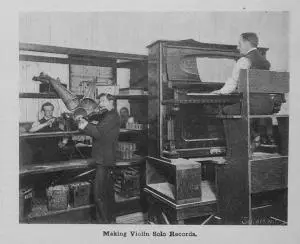
A question that phonograph collectors and historians often get asked is, “what was the most popular song to be recorded in the 1890s?” This question
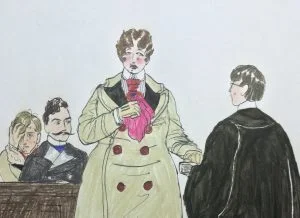
In 1904, the famous composer Victor Herbert sued the Universal talking machine company (better known as Zon-O-Phone) for illegal use of his name. The folks
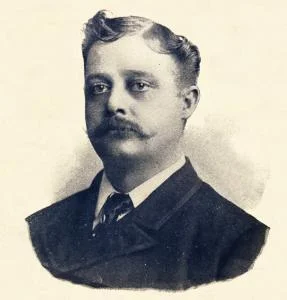
These days we often take performers who sing and play piano for granted, but in the acoustic phonograph world things were a little different. Long




